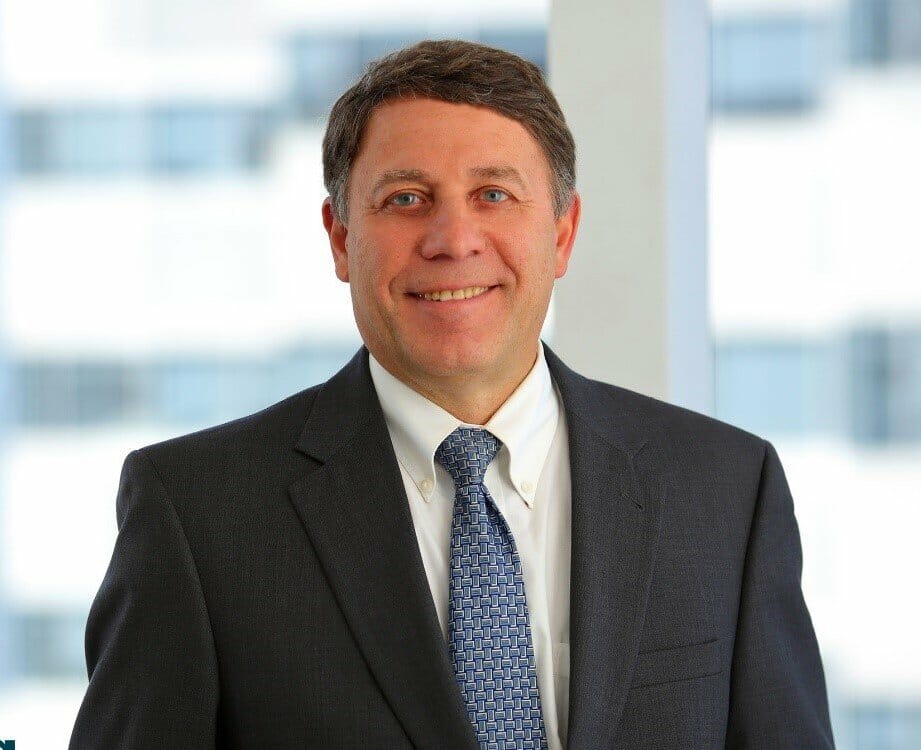
Planning the Transition to Low/Zero Carbon Technologies
As institutions and businesses undertake the radical transition from carbon-based systems to low- or zero-carbon heating and cooling, comprehensive master planning is proving essential.
Facilities can no longer plan for straightforward marginal improvement of failing equipment. They now face large-scale conversion of their buildings and supporting infrastructure. The equipment and systems we use to heat and cool our buildings will need to radically change if we hope to succeed in reaching our climate goals. Fortunately, there are a number of new advanced technologies that have recently emerged to help us meet this challenge. Some of these technologies include:
• Large Heat Pumps
• Fuel Cells
• Energy Recovery
• AI Controls
• Hydrogen based systems
• Energy Storage
• Carbon Capture
Detailed engineering assessments combined with a robust planning process can help us sort through the various technological options. Enabling us to select the best option and tailor strategies to address unique campus requirements — including analyses of equipment life-cycle costs, environmental impacts, technology integration, future proofing, and operational resiliency.
This presentation will offer a step-by-step process for developing a decarbonization master plan, relevant for facility managers across a wide range of institutions and industries.
Speaker Bio
Bruno Fiorentino, PE, MBA is the Vice President of Technical Services for Burns Engineering, inc. Bruno is a licensed Mechanical Engineer and AEE member with over 30 years experience in Energy Management/ Carbon Reduction through innovative HVAC design, campus master planning, and energy infrastructure design. He has served as the Principal Engineer on a wide variety of large energy infrastructure projects. This includes working with numerous large universities and Fortune 500 companies to provide innovative solutions that enhance overall system resilience while minimizing carbon and greenhouse gas emissions.
